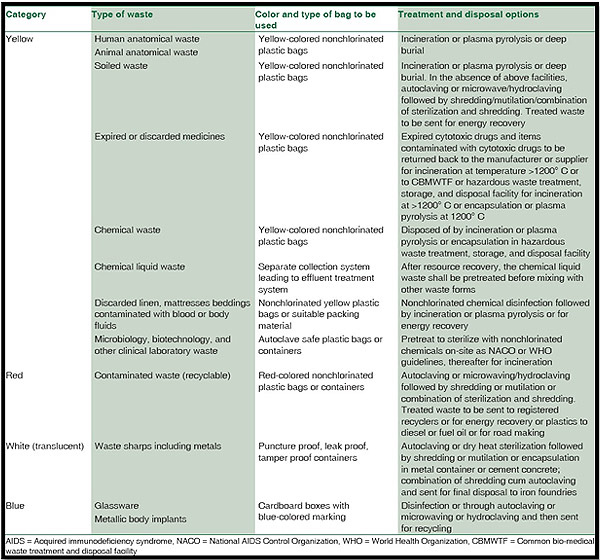10 Easy Facts About Reclaim Waste Explained
10 Easy Facts About Reclaim Waste Explained
Blog Article
The Facts About Reclaim Waste Uncovered
Table of Contents8 Easy Facts About Reclaim Waste ShownThe Ultimate Guide To Reclaim WasteOur Reclaim Waste StatementsFascination About Reclaim WasteA Biased View of Reclaim Waste
Explore the kinds, incidents, and types of liquid waste. Residential sewage waste describes the waste and items from a domestic septic system. This sort of waste is developed by people in homes, colleges, and other buildings. This only includes septic storage tanks that have a drainpipe area. The appropriate monitoring and disposal of residential sewage waste require fluid waste to be transferred to a sewage treatment plant where the appropriate techniques and equipment are put on cleanse and throw away waste.
Business waste often consists of prospective risks, such as combustible materials or a blend of fluid and solid waste items, and requires a more innovative and thorough disposal procedure. The disposal of business waste generally includes the purification of waste before transport to guarantee risk-free and appropriate disposal. Industrial waste is created from byproducts and runoff of industrial processes and manufacturing.
This type of waste can not utilize the exact same sewer management transportation or procedures as septic or business fluids. The industrial waste management process needs the inspection and testing of fluid waste before it goes through the disposal procedure (liquid waste disposal melbourne). Overflow waste is the liquid waste that originates from drainage and excess stormwater in extremely inhabited locations or cities
Overflow waste can cause contamination and flooding otherwise managed correctly. Find out more concerning sewer cleansing and waste administration. Making sure appropriate waste management can avoid disasters and lower environmental injury. Both individuals in household settings and specialists in business or production sectors can gain from understanding the procedures and policies of fluid waste monitoring.
Reclaim Waste Can Be Fun For Anyone
Call PROS Providers today to learn more about our waste monitoring and disposal solutions and the correct ways to look after the fluid waste you generate.
(https://reclaimwaste1.edublogs.org/2024/11/12/efficient-liquid-waste-removal-and-disposal-your-complete-guide-to-sustainable-waste-management/)This supposed 'wastewater' is not only a crucial source however, after treatment, will be released to our land, rivers or the ocean. Utilized water from toilets, showers, baths, kitchen sinks, washings and industrial procedures is known as wastewater.

water made use of to cool down equipment or tidy plant and equipment). Stormwater, a form of wastewater, is drainage that moves from farming and urban areas such as roof coverings, parks, gardens, roadways, courses and rain gutters right into stormwater drains pipes, after rainfall. Stormwater streams unattended directly to neighborhood creeks or rivers, ultimately reaching the ocean.
The Basic Principles Of Reclaim Waste
In Queensland, a lot of wastewater is treated at sewer therapy plants. Wastewater is transferred from residential or industrial websites with a system of sewers and pump stations, understood as sewerage reticulation, to a sewage therapy plant.
The Department of Natural Resources recommends neighborhood governments regarding handling, operating and maintaining sewerage systems and therapy plants. In unsewered locations, city governments may require householders to install individual or household sewage therapy systems to treat domestic wastewater from bathrooms, kitchens, restrooms and laundries. The Department of Natural Resources authorizes the use of household systems when they are confirmed to be efficient.
In some new subdivisions, treatment of some stormwater to get rid of litter, sand and crushed rock has actually begun utilizing gross pollutant traps. Wastewater therapy happens in 4 phases: Gets rid of solid issue.
Wastewater after that flows into large containers where solids resolve and are removed as sludge. Grease and scum are skimmed from the surface area. Uses little living microorganisms called micro-organisms to break down and remove remaining dissolved wastes and fine bits. Micro-organisms and wastes are integrated in the sludge. Gets rid of nitrogen and phosphorus nutrients that can create algal blooms in our waterways and threaten marine life.
The 9-Minute Rule for Reclaim Waste
Nutrient elimination is not offered in all sewer treatment plants because it requires pricey specialised equipment. It is becoming extra usual in Queensland. Clear liquid effluent created after treatment may still consist of disease-causing micro-organisms. If this effluent is released right into waterways such as rivers or the sea, the micro-organisms will at some point pass away out.

This usually indicates wastewater has actually to be dealt with or contaminants removed before it can be discharged to rivers. Most wastewater moves right into the sewage system. Under the Act, local federal governments administer authorizations and permits for eco relevant tasks (Ages) entailing wastewater releases that could have a neighborhood influence. The division carries out authorizations and licences to Periods involving wastewater launches that may have a local or statewide influence.
Get This Report on Reclaim Waste
Monitoring gives factual information concerning water high quality and can validate that licence problems are being fulfilled. The information acquired via monitoring offers the basis for making water high quality decisions.
Report this page